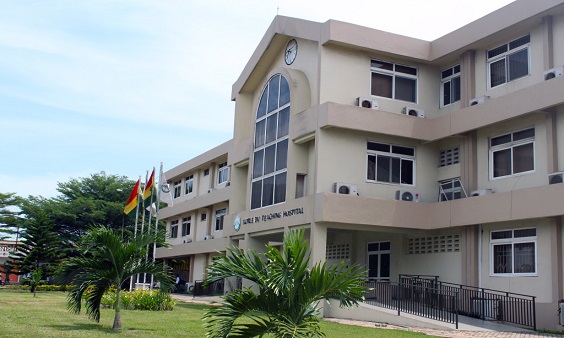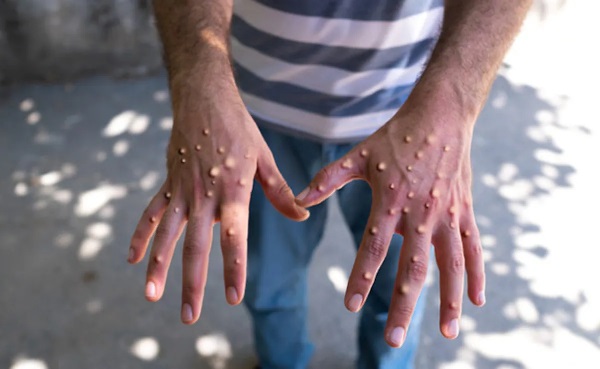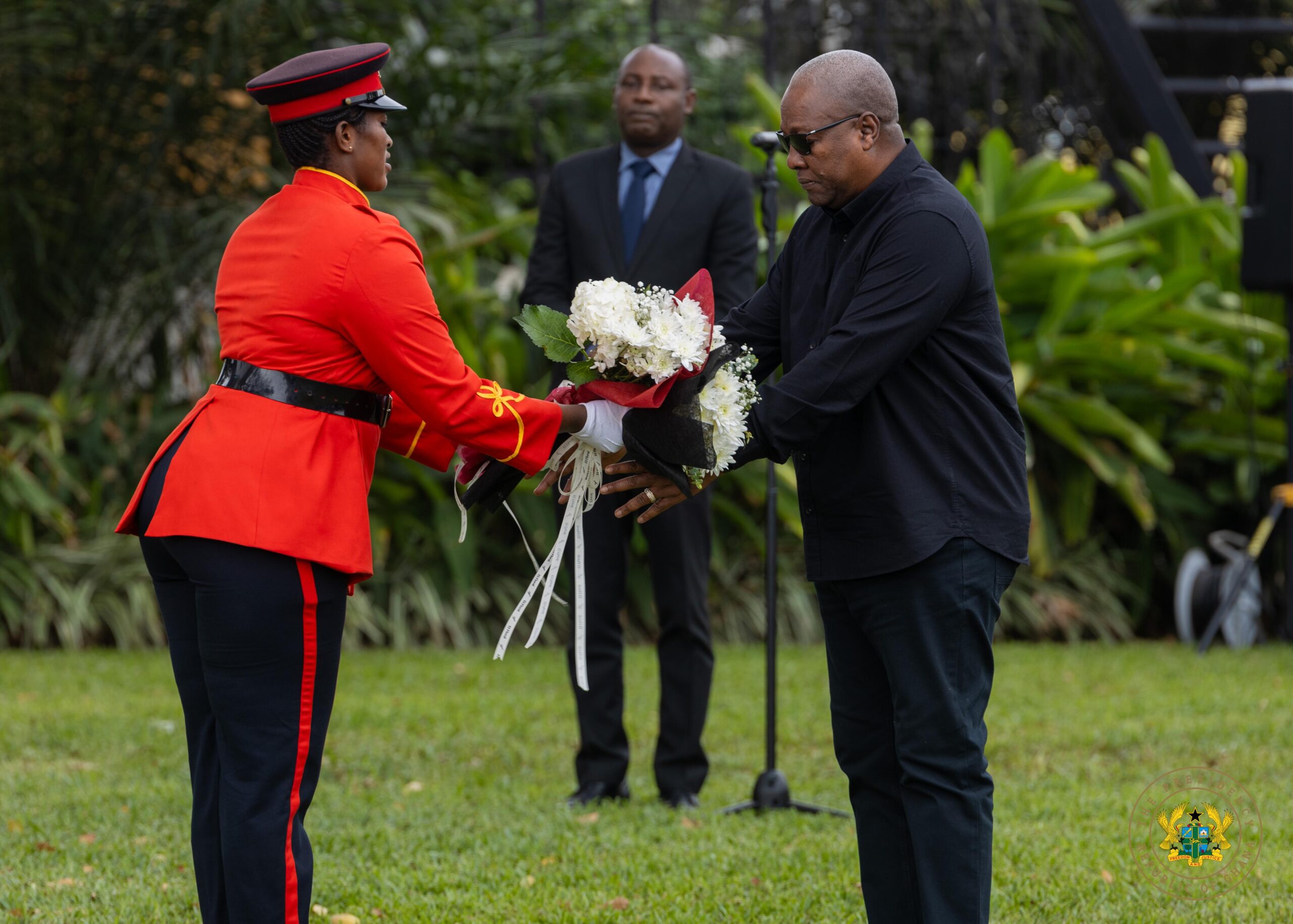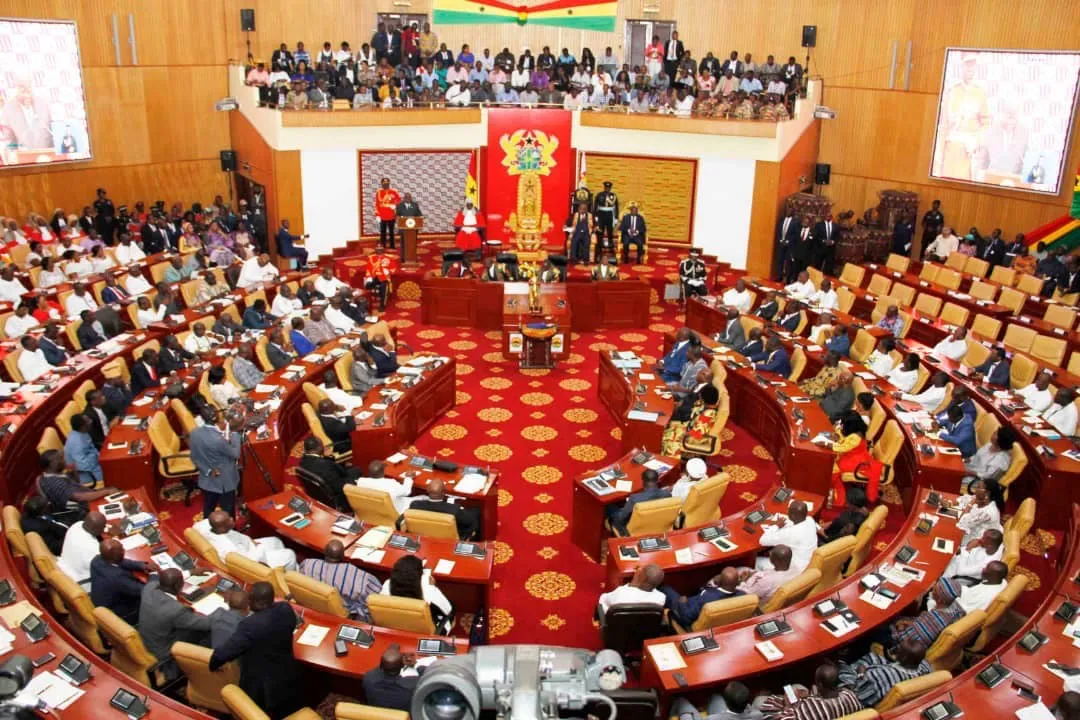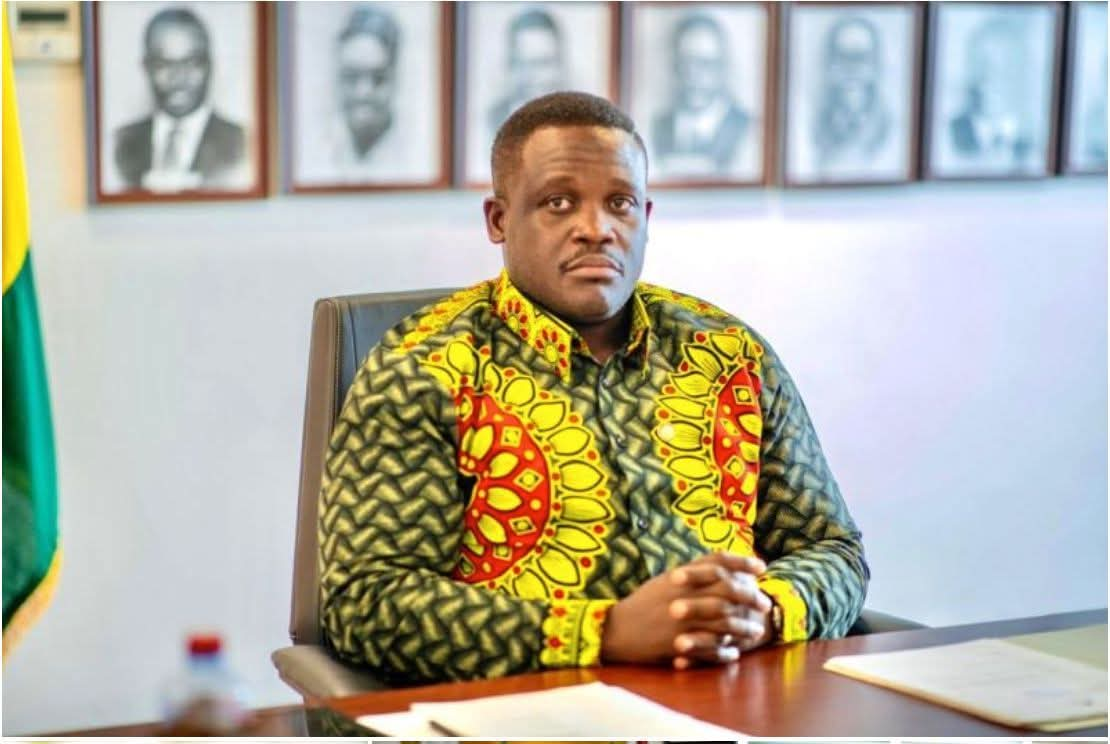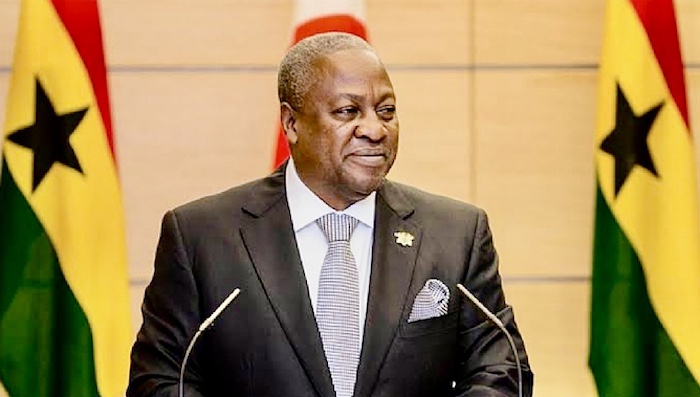Korle Bu Teaching Hospital (KBTH) has reported an average of 700 cancer cases annually since 2005, against the backdrop of Africa’s wider struggle with over 24,000 new cases each year.
The figures were disclosed by Dr. Hannah Naa Gogwe Ayettey, Consultant Oncologist at KBTH, during a cancer research symposium focused on understanding the unique characteristics of cancers in Africa to improve treatment outcomes. The event, reported by the Ghana News Agency, was held under the Precision Medicine for Aggressive Breast Cancers (PMABC) initiative, which aims to advance cancer care across Sub-Saharan Africa.
Dr. Ayettey stressed the importance of collaborative research and capacity building to combat the growing cancer burden. “The mission of PMABC is to strengthen institutions and researchers across Africa to reduce the cancer burden through advanced research and improved care for diverse populations globally,” she said.
Serving also as General Secretary of the African Organisation for Research and Training in Cancer (AORTIC), Dr. Ayettey highlighted socio-economic barriers, especially the high cost of treatment, which often delays access to care. She urged patients to seek medical attention early to avoid complications, and called for public awareness and community involvement to promote early detection.
The symposium, themed Catalysing Basic and Translational Cancer in Africa: Advancing Progress and Capacity Building, was organised in partnership with AORTIC. It brought together leading researchers and health professionals to address high-burden cancers such as breast, cervical, prostate, colorectal, and oesophageal cancers.
AORTIC President Dr. Miriam Mutebe underscored the value of early diagnosis, noting that many cancers are potentially curable if detected early. She pointed out that while breast cancer remains the most common cancer among young women in West Africa, early detection has led to survival rates as high as 90%.
The gathering reaffirmed the urgent need for investment in research, diagnostic infrastructure, and patient support systems to address Africa’s cancer crisis.

